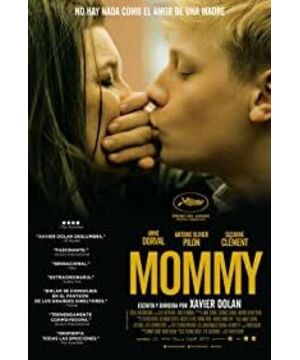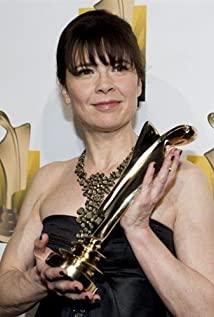1. Emotional dependence. The ambiguity of the relationship between mother and son is self-evident, but when the son is a homosexual, the relationship with the mother has a closer emotional connection, especially when the father is like a mountain in front of the mother and son, the father represents The power of the entire gender society, the son just wants to live in the good memory with his mother. When he grows up, the two sides will need to be disintegrated by the increasingly obvious social relationship, and the relationship will be diluted a little bit. The rules are step by step. establishment. Violence seeks attention and fills the void of feelings endlessly.
2, the wall. As a gay boy, in the process of growing up, my mother is my only spiritual strength. My father wants you to grow up like a "man", and my mother always wants to give you love. That is your only recourse. Outside the world with my mother, there is power everywhere, in the male-dominated world, the unease and depression, in the feminist-dominated world, the disguise and pain, so we need a kind of middleman, an ambiguous person.
3. Hope and strength. Despite Dolan's work revealing all kinds of unease and contradictions in the family or the individual, the strength of women is a constant, just as I expected, a kind of living female power that permeates the film, whether it is Diane, or Kayla, but living hard under the predicament of life, this hope and strength is really good.
4. Emotional output. The addition of the new character Keira has brought a balance to the conflicted mother-son relationship. Although I don't know if it is suitable, the two sides are indeed completing emotional output.
5. In general, it's still the same stuff that was involved in the first movie, but I'd like to see a better Dolan.
View more about Mommy reviews










